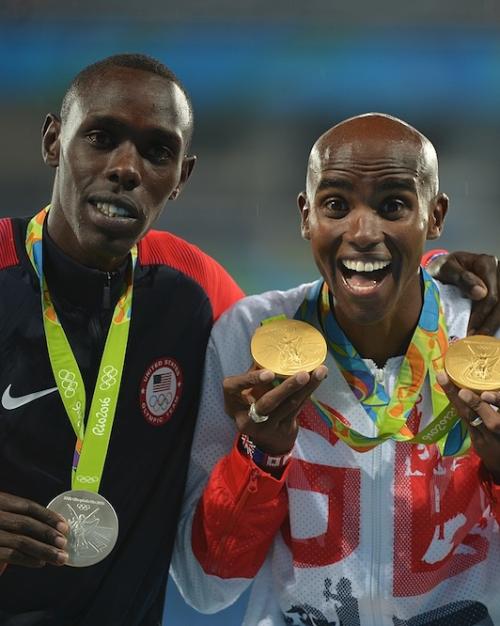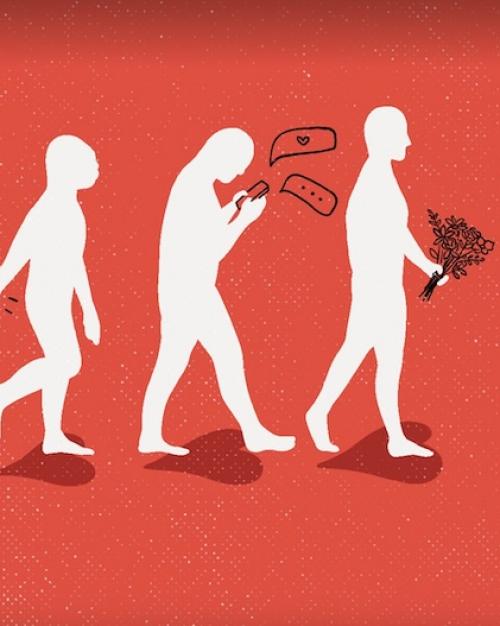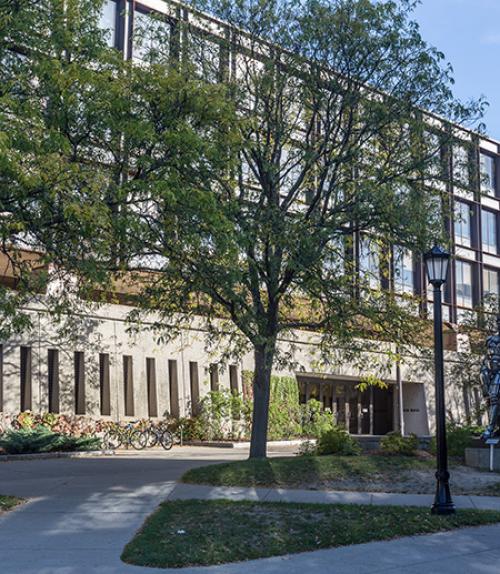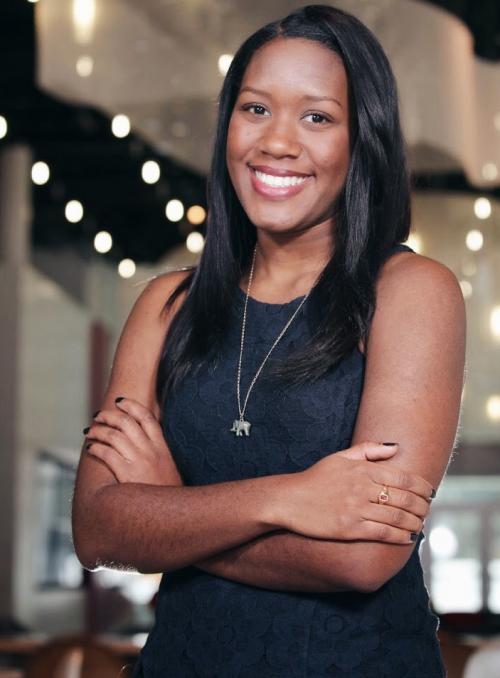Kemar Prussien '15
Major: Psychology
Hometown: Philadelphia, PA
Why did you choose Cornell?
I never really put much thought into where I was going to go to college for most of my high school career. However, I underwent two incredible experiences the summer before my senior year that put me on a path. First, I volunteered at The Hole in the Wall Gang Camp--a pediatric summer camp for children with serious illnesses--for two weeks. While I was there, my unit leader was going into her senior year at Cornell. When I brought up my concerns about applying to college in the fall, she gave me a lot of advice on how to narrow down my options and why Cornell should definitely be on my list. After returning from my volunteer experience at camp, I began an eight-week summer internship at The Children's Hospital of Philadelphia, working on a research team in the division of hematology and oncology. While working on my independent research project that looked at how pediatric camps help children with sickle cell disease and their families cope with their illness, I worked closely with two research assistants that happened to graduate from Cornell the year before. Similar to my unit leader at camp, the two research assistants boasted of the many opportunities that Cornell offered them as undergraduate students and later as alumni.
After volunteering at camp and completing the internship, I knew i wanted to go into pediatric psychology and research coping in sickle cell and cancer. While I understood that Cornell did not have an active clinical psychology program, I felt like everything was pointing in this direction. After spending four years on this hill, I know that it was by far the best decision I have ever made!
What is your main Cornell extracurricular activity -- why is it important to you?
One of the first clubs I joined freshman year was Early College Awareness, a mentorship program of the Public Service Center that guides low-income and underrepresented middle and high school students through a mock college application process. We visit them and have college information sessions, provide a pre-application visit to Cornell, have them write personal statements, hold interviews, and finally "accept" them into our program for a day of classes held on campus.
I've been a member of ECA since my first semester at Cornell, and this year I had the honor of becoming President and reaching out to other schools that wanted to have our program in their classrooms. I think it has been an incredible experience as a mentor to see students grow and understand that higher education is a real option for them.
What was your most profound turning point while at Cornell?
When I was accepted into Cornell, one of my high school teachers told me that it was nearly impossible to get an "A" at this university and that I should probably lower my expectations and mentally prepare for a shift in my academic achievement.
During my first semester, my main goal was to get at least one A out of the four classes I was taking. At the end of the semester, I realized that I was setting very low standards for what I was capable of. It was a very salient turning point when I decided that I wouldn't let anyone else set boundaries for me. After four years at Cornell, I have only gotten two grades below an A, and I don't think this would have been possible if I didn't actively change my mindset from a fixed perception of limited possibilities.
What, if any, Cornell-related scholarships/special financial benefits did you receive?
I was inducted into the Ronald E. McNair Post-Baccalaureate Achievement Program during my sophomore year. This program has provided me with academic mentorship and financial support to present my research at 3 professional and 5 undergraduate research conferences, therefore preparing me for the graduate school application. The staff and students in the program are the most inspiring people I've ever met, and I owe a lot of my success to their mentorship.
In addition to being a McNair Scholar, I am also a Cornell Tradition Fellow. Tradition has not only provided me with grants and funds to make Cornell a more affordable institution, but they also emphasize a a spirit of service and provide a great community of students who hold similar values about the importance of campus and community involvement.
What accomplishments/activities are you most proud of while at Cornell?
As mentioned above in my description of the McNair Scholars Program, I was able to present both oral and poster presentations at 3 professional and 5 undergraduate conferences over the course of two years. This experience really helped me understand the importance of sharing my research with other emerging scholars and professionals in order to create opportunities for collaboration and to spark new research questions within the field.
What, if any, research projects did you participate in at Cornell?
Towards the end of my sophomore year I began working with Janis Whitlock and The Cornell Research Program on Self-injury and Recovery at the Bronfenbrenner Center for Translational Research. I was able to collaborate on a variety of projects and create factsheets that were published on the lab's website. In addition to this, I have collaborated with Janis on a published paper, completed projects that were presented at various conferences, and completed my honors thesis that focuses on the relationship between non-suicidal self-injury and self-worth.
What Cornell memory do you treasure the most?
Like most people graduating in 2015, I hold a sense of pride in being a part of the sesquicentennial class. I was sitting with a group of my close friends during the homecoming celebration at the laser light show. The fireworks were beginning; current students, alumni and their children were cheering; and I just shared the most nostalgic glance with my best friend who I met on my first day at Cornell. It was in that moment that I truly realized how much I loved my time at this school, how much I'm going to miss it once I leave, and how much pride I am going to have as an alumna.
Who or what influenced your Cornell education the most? How or why?
I feel like most people don't really connect with their A&S dean, but when I met Dean Chad Coates, I knew that he was going to play a critical role in my academic development here at Cornell. Not only did he recommend me for the McNair Scholars program, but he has also created a very warm and supportive presence even after I was assigned a new dean for my junior and senior years.
He believed in me in moments when I didn't believe in myself. And while that may be one of the most cliché things to say, it does not make it any less true.
How did any of your beliefs or interests change during your time at Cornell?
Coming into Cornell, I knew that I wanted to become a pediatric psychologist and work with children with serious illnesses such as sickle cell and cancer. Despite the lack of emphasis or representation for clinical psychology within he psych department, I was able to carve a clinical path within a very developmental world. While my main interest in pediatric psychology did not change, working with Dr. Whitlock and the CRPSIR really helped me develop what I wanted to research in pediatric populations and how coping and family involvement are very important in any clinical population.
What do you value about your liberal arts education?
I had a lot of fun fulfilling my distribution requirements for A&S. I felt encouraged to experience academic edges and learn a wide variety of material and subjects from anthropology to astronomy. Cornell is a place for any person and any study, and A&S really helps students take advantage of this motto.
What are your plans for next year; where do you see yourself in 10 years?
Next year I will begin a PhD program in clinical psychology at Vanderbilt University to study coping and agency in pediatric sickle cell and cancer populations with Dr. Bruce Compas.
In 10 years, I will be four years out of my PhD. By then, I plan to continue my research and teach at a university while working as a pediatric psychologist in a partnering children's hospital.





